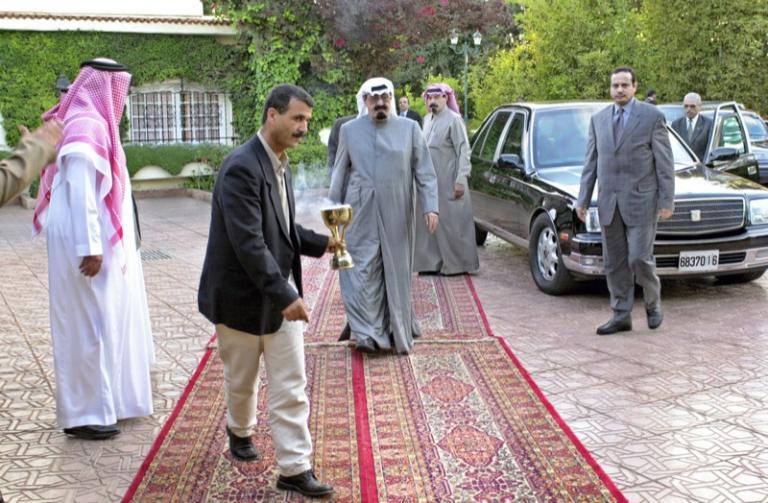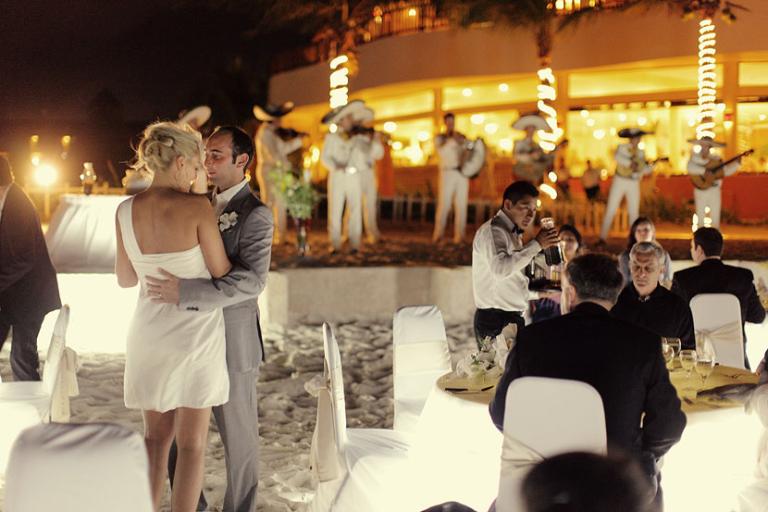
Young Coptic Christians stood in silent tribute Sunday night at Cairo’s Abbasseya Cathedral, mourning the violent deaths of 27 and wounding of hundreds in what is increasingly being referred to as the Maspero Massacre — as Egyptian army units opened fire on a peaceful protest march last week.
Meanwhile, the official line is emerging that the victims themselves — not the nation’s military rulers — are to blame for troops driving armored vehicles at high speed into crowds and shooting marchers. China took the same tactic after the Tiananmen Massacre in 1989 when soldiers killed hundreds of college students demanding democracy.
Egypt’s state-run paper al-Ahram criticized “some Coptic intellectuals and public figures” for “launching a campaign accusing military rulers of committing genocide against Copts.” Editorial writer Makram Mohamed Ahmed did not address the many videotapes of the attacks on the protesters, but instead claimed blaming the army “will harm the Egyptian state.”
Ahmed writes that “the whole incident is merely a mismanagement of a crisis that paved the way for infiltrators to dominate the scene and push for escalation” — in other words, the military mismanaged the situation by killing people, but the unarmed Copts started it.
“In adopting the state narrative of blaming protesters,” observes reporter Ahmed Zaki Osman in the privately owned al-Masry al-Youm newspaper, “and absolving the Supreme Council of the Armed Forces,” the state-owned newspaper al-Ahram “argues that the solution for sectarian strife is easy: enable Copts to build their own churches without administrative restrictions.”
Actually, that is exactly what the Copts have been asking. Currently, they must obtain a presidential edict before they can even repair existing churches — much less build new ones or any facility for church activities. The Army has vigilantly enforced such regulations — even sending armed troops to bulldoze a wall that Coptic monks put up to keep vandals out of their garden.
The official line of blaming the victims was echoed by al-Shorouk newspaper columnist Emad Hussein. He “directs his anger toward two Coptic priests,” notes Osman, “accusing them of threatening the unity of the country. But he doesn’t stop there, Hussein accuses the head of the Coptic Church, Pope Shenouda III, of devising a complicated strategy in which Coptic leaders play various roles.”
In the leftist party paper al-Wafd, Mostafa Abdel Razek blamed the victims.
“In an article written as a message to Pope Shenouda III,” observes Osman, “Abdel Razek alleges that one priest was threatening national unity.” The leftist columnist quotes the two unnamed priests “as calling for the killing of Aswan’s governor, who some accuse of igniting the violence by seemingly defending an Upper Egypt church attack when he said it was constructed illegally.”
In other words, the leftist columnist was focusing on claims that the church didn’t have proper permits — which are not required to build or repair mosques — and ignoring violence and loss of life at the church’s destruction and the resulting protest march. The columnist went on to allege that the same unnamed priest was speaking “in an inappropriate way about Field Marshal Hussein Tantawi, head of Egypt’s ruling military council, whom we should respect.”
There is apparently no proof that such a priest made any such statements — no video of such a priest exhorting the crowd, no reports from the day of the event of such rabble-rousing.
In fact, notes Osman, “Salama Ahmed Salama, editor-in-chief of the privately owned al-Shorouk, gives a different account.” He blamed Muslim “imams of inciting violence with their discriminatory and sectarian tones.”
As the government went into defensive mode, hundreds of activists and young Copts organized a silent vigil on Sunday in Cairo, mourning the 27 who died. On the street, Egypt’s armed forces are facing harsh criticism for their use of force, reported Emad Khalil in al-Masry al-Youm:
A number of people injured and families of those killed in the violence attended the vigil, which started at 6:30 pm.
Several activist groups also attended, including the Maspero Youth Union, the Coptic Union and Free Copts, Copts Without Restrictions, and Youth for Freedom and Justice, whose member, Mina Daniel, was killed at the protest. Coptic clerics were absent from the event.
Participants, who held candles and dressed in black, demanded retribution for the deaths and the release of people arrested in the clashes.
They also criticized military violence and called for a unified law for the construction of places of worship.
Magdy Saber, a media representative for the Maspero Youth Union, said the vigil was meant to commemorate the deaths and to demand an urgent investigation of the incident.
Saber backed participants’ demands to remove Information Minister Osama Heikal, who they accuse of directing biased state TV coverage of the clashes and inciting sectarianism.
Participants also called for the resignation of Aswan Governor Mostafa al-Sayyed, following the attack on an Upper Egypt church on 30 September.


